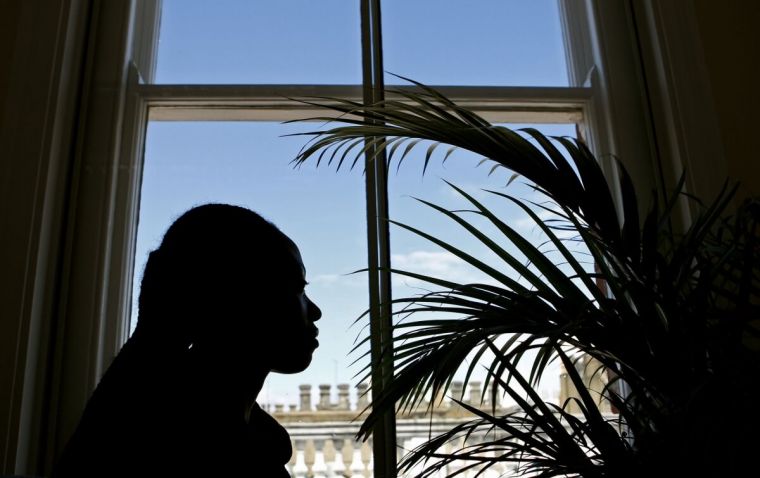Women are beaten and abused: Why a Christian peer is trying to ban advertising for prostitutes
The violence involved in prostitution is "horrific", a peer who is trying to ban advertising for prostitution told Christian Today.
Lord McColl of Dulwich's bill to make it illegal to advertise prostitution services will be debated in the House of Lords tomorrow. The bill is an attempt to clarify the current law. At the moment it is illegal to run a brothel or solicit sex but it is legal to advertise prostitution in newspapers or magazines.

"I don't think people realise how much violence is involved in prostitution," Lord McColl told Christian Today this afternoon.
"People just deny that violence is going on. When you say millions of men are smashing up millions of women, either physically or psychologically, they just won't believe you. I know it's going on because people have been telling me about it for years.
"People are not just using fists to beat up women either. They are beating up women with iron bars."
Refuting the argument that prostitution is a legitimate profession which women and men engage in out of free choice, Lord McColl said: "I don't think they have a choice."
Evidence from various studies appears to support this view. One study by Eaves, a charity campaigning on violence against women and girls, found in 2012 that 83 per cent of people involved in prostitution had current or former problems with drug or alcohol addiction and frequently reported they work to support their drug habit or that of their pimp.

The same study also found that 61 per cent of women reported violence from 'clients', adding weight to the peer's assertion of the violence in prostitution.
A confessing Christian from Glasgow, Lord McColl said that his motivation for wanting to tackle prostitution was the example of Christ.
"It is to do with the dignity of women. They are being treated as inferior, which has been going on for centuries.
"I think the example of Christ and his attitude to women was particularly revolutionary. At the time they were scandalised by what he was saying and doing. But he has always struck me as being a particularly good example to follow," the 82-year-old peer said.
Lord McColl has been supported in bringing forward this bill by Christian lobbying charity CARE .
"Prostitution adverts do not reveal the truth beyond the pictures – that so often behind the smiles and the appearance of glamour are stories of abuse, coercion and violence," said CARE's director of parliamentary affairs, Dr Dan Boucher.
"The evidence demonstrates it is one of the most dangerous professions in the world and it makes sense to tackle the issue head on. Society and the way we advertise has moved on significantly so this fresh debate is both welcome and necessary.
"The current law does not provide adequate protection for victims so Lord McColl is absolutely right to be attempting to correct the current inconsistency."
A similar move was proposed by Labour MP Harriet Harman in 2010 but the attempt failed. At the time, critics said it would make the professon more dangerous as it would encourage back-street prostitution. However the Tory peer said that his aim was to reduce demand and banning advertising would help do that.
"Advertising fuels the whole business of prostitution so the more you advertise the more you encourage people to go and do it," he said.
He admitted that his bill was not enough and said he hoped legislation on prostitution will go much further.
"We would like to follow the example of Sweden, Iceland, Norway, Canada and Northern Ireland," Lord McColl said. All these countries have criminalised the buying of sex, rather than the selling of sex, making the weight of legal responsibility on the client.
"We want to focus on the men predominantly," he continued. "It was always the women we were attacking but that is the easy thing to do – to arrest them – but it is the men who get away scot free. We need to tackle that."
"It seems to me that we need to change the whole focus [to criminalising buying sex] and emphasise that."
As a private member's bill, the Advertising of Prostitution (Prohibition) Bill is not government policy and therefore unlikely to become law. However he hopes the effect will be to raise the issue with decision makers in government to prompt a change.
"I am interested in helping people who are abused in any way," the peer concluded.
"It is all to do with respecting people and not treating people like dirt. These women are treated like a lower form of life. That is not acceptable for all civilised people, not just for Christians."











